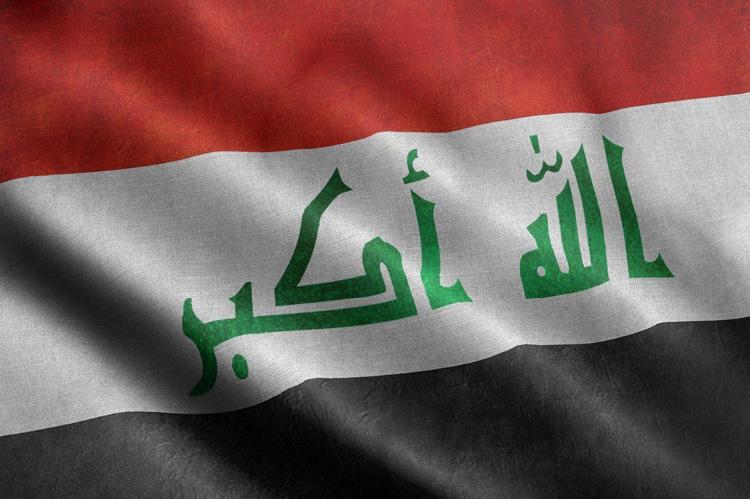Iraq Blames Oil Firms Operating in Kurdistan for Delay in Reopening Iraq-Turkey Pipeline

Iraqi oil ministry has partially blamed foreign oil companies as well as the Iraqi Kurdish authorities for the delayed reopening of the Iraq-Turkey Crude Oil Pipeline for their failure to submit contracts for revision following a court ruling in 2022, Reuters reported on Monday, March 25, 2024.
The ruling by the Iraqi federal court rendered the contracts for oil companies operating in the Kurdistan region illegal.
Despite being a key pipeline, which transported about 0.5% of the world’s oil supply while it was in operation, the Iraq-Turkey Oil Pipeline (ITP) has been offline since 2023 due to payment disagreements.
Turkey shut the pipeline in March 2023 following an arbitration ruling by the International Chamber of Commerce (ICC) to pay Iraq $1.5 billion (Tl45.23bn) in compensation.
The ruling rendered by the ICC in Paris found Turkey violated a 1973 treaty by facilitating oil exports from Kurdistan without Baghdad's consent.
In a statement released Sunday, Iraq's oil ministry said foreign companies, along with Kurdish authorities, have not submitted their contracts for revision as requested by the federal government.
The revision follows a 2022 Iraqi federal court decision deeming the Kurdistan Regional Government's (KRG) oil and gas law unconstitutional.
The ministry responded to a statement by the Association of the Petroleum Industry of Kurdistan (APIKUR) claiming the Iraqi government has not taken the necessary steps to reopen the ITP.
APIKUR also emphasised the need to maintain existing commercial terms and secure payment assurances for past and future oil exports.
The statement comes ahead of Iraqi Prime Minister Mohammed Shia al-Sudani's planned meeting with U.S. President Joe Biden on April 15.
However, APIKUR reportedly urged the White House to postpone the visit until the ITP resumes operation, oil firms receive payment guarantees, and the Iraqi government fully implements the federal budget for the KRG.
Iraq's oil ministry further stated that reports indicated that crude production in Kurdistan had reached approximately 200,000-225,000 barrels per day (bpd) without Baghdad’s knowledge or approval.
In addition to that, the ministry also highlighted its plans to reduce crude exports to compensate for exceeding OPEC+ quotas since January.
"The lack of compliance with the oil policy approved by the federal government risks Iraq's reputation and endangers its international commitments," the ministry concluded.
Iraq reportedly owes Turkey minimum payments while the pipeline remains technically operational, with Consultancy Wood Mackenzie estimating this sum at around $25 million monthly.
